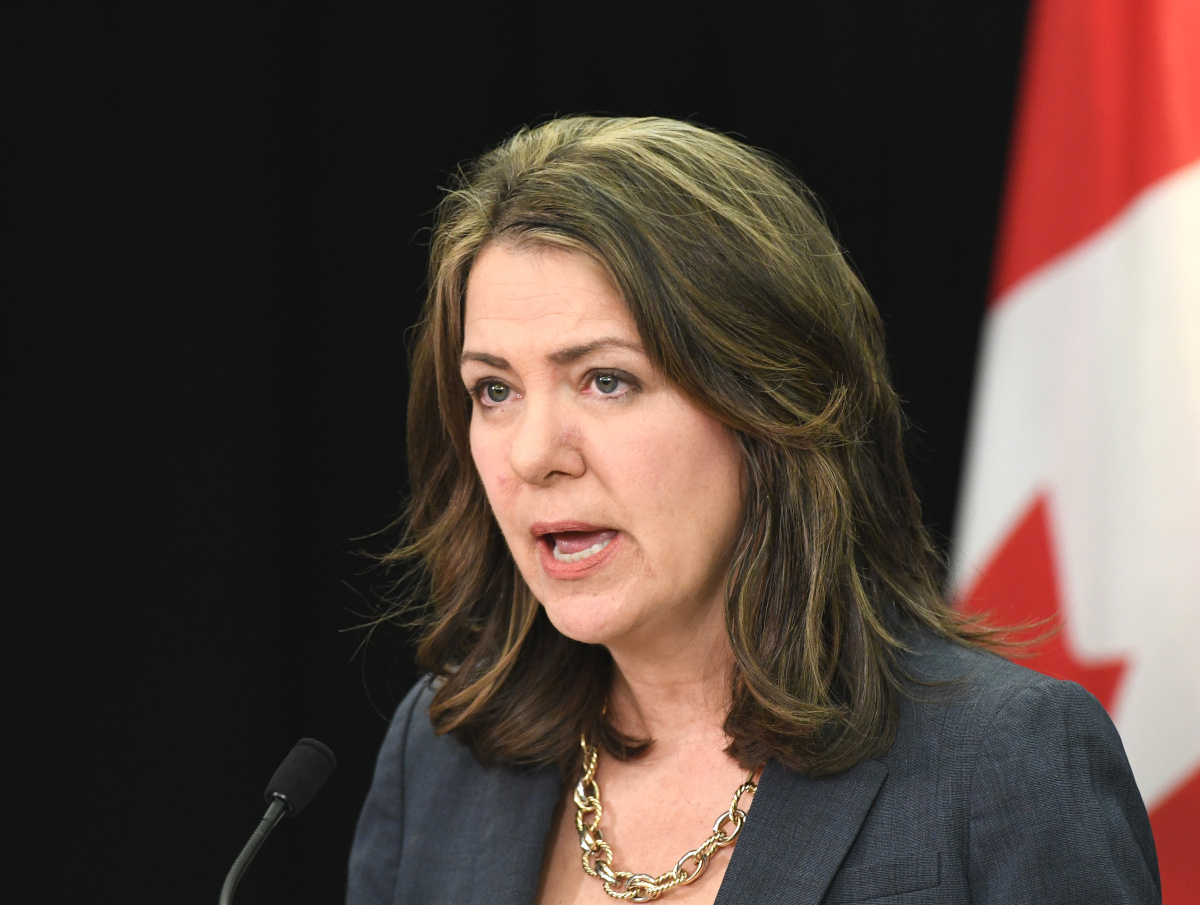Federal agencies with competing interests are slowing the country’s ability to track and control an outbreak of highly virulent bird flu that for the first time is infecting cows in the United States, according to government officials and health and industry experts.
The response has echoes of the early days of 2020, when the coronavirus began its deadly march around the world. Today, some officials and experts express frustration that more livestock herds aren’t being tested for avian flu, and that when tests and epidemiological studies are conducted, results aren’t shared fast enough or with enough detail. They fear that the delays could allow the pathogen to move unchecked — and potentially acquire the genetic machinery needed to spread swiftly among people. One dairy worker in Texas has already fallen ill amid the outbreak, the second U.S. case ever of this type of bird flu.
Officials and experts said the lack of clear and timely updates by some federal agencies responding to the outbreak recall similar communication missteps at the start of the coronavirus pandemic. They point, in particular, to a failure to provide more details publicly about how the H5N1 virus is spreading in cows and about the safety of the milk supply.


